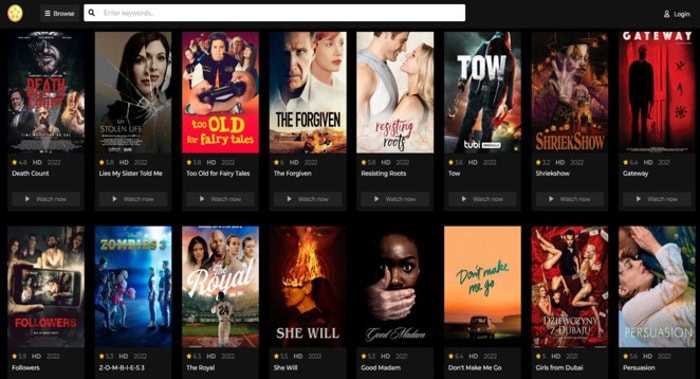
Underperforming content simply means your online efforts aren’t doing as well as they could be. Often, companies fall prey to common pitfalls that can cause their content to underperform. However, there are easy solutions to fix these problems once they’ve been identified. With this in mind, let’s take a moment to dive into what you can do to detect and improve your underperforming content.
Why is Content Important to Your Overall Marketing Strategy?
Content is essential when it comes to search engine optimization (SEO). Google and other search engines are always making changes to their algorithms with the hopes of delivering the most value and relevancy to their users. As a result, the content has become a decisive ranking factor as it helps the web crawlers understand what your brand is all about and who you are as a company.
Potential Causes for Underperforming Content
The phrase “underperforming content” usually refers to content that isn’t creating transactions — whether that means generating leads, obtaining new followers, or capturing email addresses. Content is intended to attract organic traffic, so if you have already existing content that no longer performs like it used to, you most likely need a refresh.
In any event, you need to identify underperforming content to remedy the problem as soon as possible. With that said, here are a few common reasons your content might be underperforming:
Your content doesn’t match the users’ intents
Let’s say you create an online ad and send people to a landing page. If that page doesn’t offer the relevant content people sought out, they will become frustrated and leave. Sure, your content might be useful, and you could have ample information to show your audience. Still, if the content that shows up in the search engine results pages (SERPs) or online ads doesn’t match the critical focus being sought out by searchers, your writing isn’t doing its job.
When you create your SEO strategy, you should aim to match user intent. In other words, look at:
- Who you’re targeting
- What they’re searching for
- How you can alleviate their pain points
Your content isn’t in the ideal format the search engines are prioritizing
Google’s algorithms, as well as the other search engines, favor a particular type of format. For the search engines to pay attention to your content, you need to follow best practices.
Your content isn’t deep enough to rank against competitors
If your content is too “thin,” meaning it doesn’t have enough relevance, comprehensiveness, and value for the search engines to care about it, you’re going to be overlooked by your competitors. If your content isn’t as compelling as sites in similar industries, Google will prioritize those sites over your own.
Although there is no one-size-fits-all solution in terms of the length content needs to be, everything you put out into the world should be informational and help readers gain insight about something they didn’t otherwise know. Sometimes, that doesn’t take a lot of space, while others require 2,000 words or more. Don’t limit yourself to the real estate you’re using online; just use it well.
Your content is outdated
Any great digital marketing agency starts their work by auditing their clients’ existing sites. If they find the content is too topical or not very evergreen, they might suggest a revamp of the blogs and webpages to make it more universal. Even if the once-relevant content stays intact, it’s crucial to produce new, fresh content so the search engines know more about your brand’s perception.
How to Find and Fix Issues Affecting Your Content
The easiest way to find issues affecting your content is to hire a digital marketing agency that can perform an audit on your existing content. They’ll often use tools such as Google Search Console to determine the status of your pages. Whether you prefer to conduct your website audit or have someone else do it for you, you’ll want to pay attention to elements such as:
- Keywords. Are two or more ranking URLs appearing at the same time? If so, this is a sign of duplication.
- Visibility. If different URLs are ranking for very similar keyword variations, you could lose organic visibility.
Detecting and understanding content performance issues are only part of the solution. Here’s what you can do to help correct deficits in your content performance:
Ensure your page can be crawled and indexed properly
Make sure your site is free from any non-SEO-friendly JavaScript that could change essential on-page elements such as headers, body content, and internal links. You also want to be sure that your pages don’t fall under any paths of blocked resources in Robots.txt. Your pages should be linked internally on your site and present in your XML sitemap for easy indexing.
Understand searchers’ intents
Analyze SERPs by topic of interest so you can better understand what search engines are looking for. In doing so, you can create content that matches these needs.
Write great meta-data
Title tags are significant pieces to on-page ranking factors. Set aside some time to write unique, keyword-rich titles. Don’t change your meta-data too often, though. You’ll want to set yourself up for success right away and deliver time-tested content that can do its job once it’s been put out into the world.
If you’re unsure where to start when you’re assessing your content’s performance, reach out to a digital marketing agency that knows how to analyze metrics and put you on the right path. Once you have a team of experts by your side, the process of understanding content performance will become that much easier.


